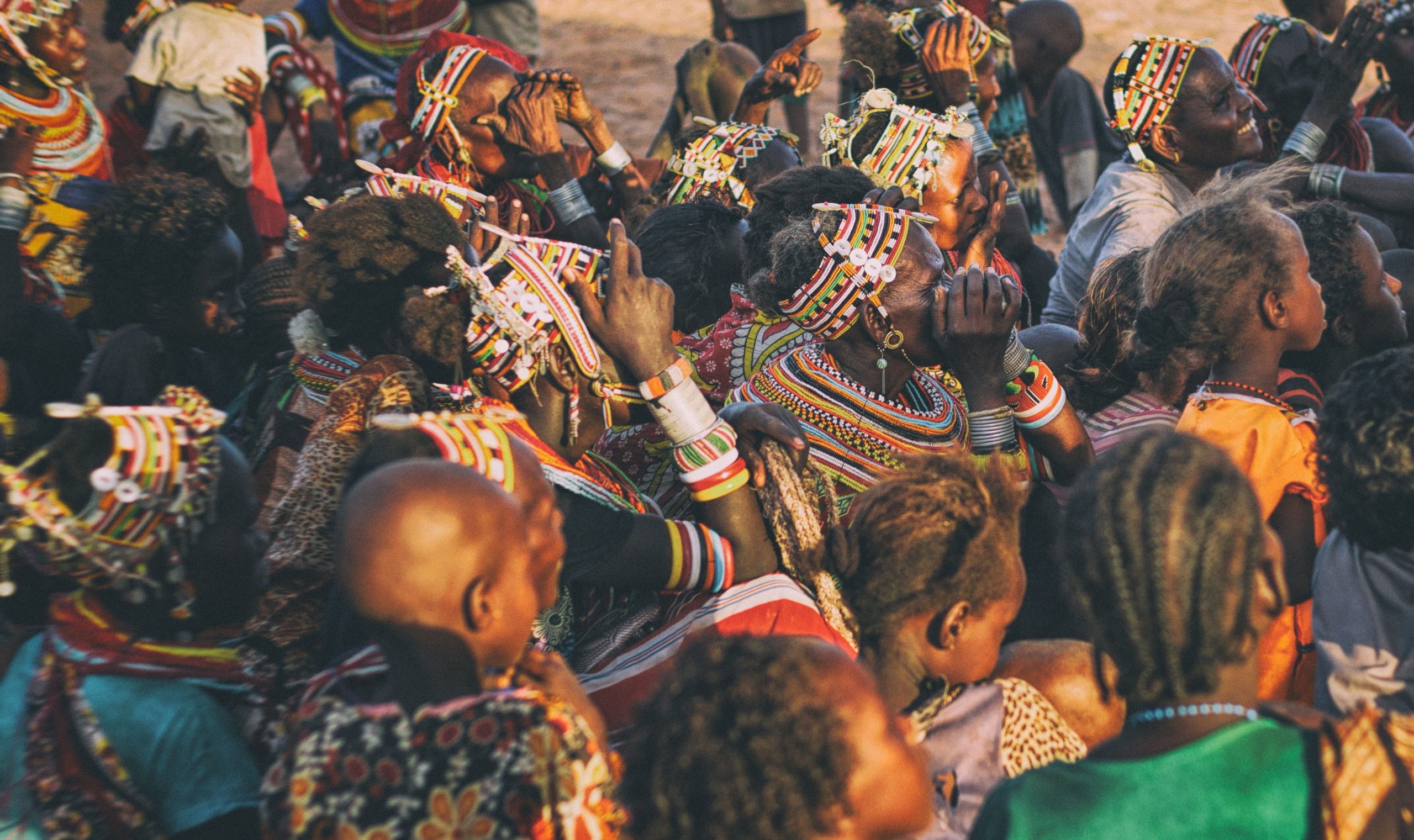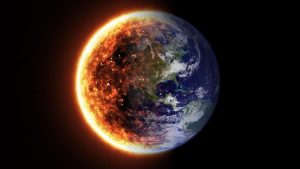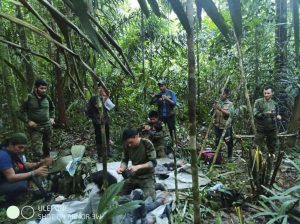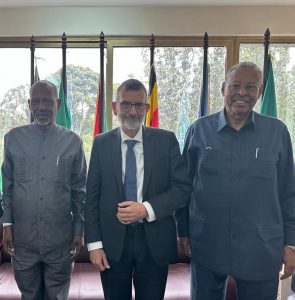August 9 marks the International Day of the World’s Indigenous Peoples. It is celebrated as the day the United Nations inaugurated the Working Group on Indigenous Populations in 1982. Here are a few facts you should know about the day in order to understand and embrace indigenous identities from all over the world.
It is the first UN body to draft the UN declaration on the Rights of Indigenous Peoples. The theme for 2021 is “Leaving no one behind: Indigenous peoples and the call for a new social contract.”
It was back in 2000 that the Commission on Human Rights set a resolution for setting up the Permanent UN forum on indigenous issues. The discussions would then be carried out on issues pertaining to education, culture, economic and social development, environment, health, human rights and more, as and when the Economic and Social Council presents it.
Also Read | PM Modi to address UNSC today, Russian President Putin to attend
Every year the UN takes into consideration various challenges faced by indigenous people and shares updates on projects around the annual theme. It further sees and acknowledges the role Indigenous people play in maintaining the cultural and biological diversity in the world.
However, there have been shocking instances across the world where indigenous peoples have been treated disrespectfully. Following are two of those.
The UN Declaration on the Rights of Indigenous Peoples is often neglected to cater to big businesses in a country. Earlier in 2018, the German government admitted that Indigenous peoples in Africa are “massively discriminated against” but said that “public demands” for the implementation of their rights could lead to conflicts.
Tour operators on India’s Andaman Islands sell “human safaris” to the reserve of the Jarawa tribe. Tourists that pass through the forest try to spot these tribe members like they do animals during safari. Despite the government’s order to close the road in 2002, it still remains open.







